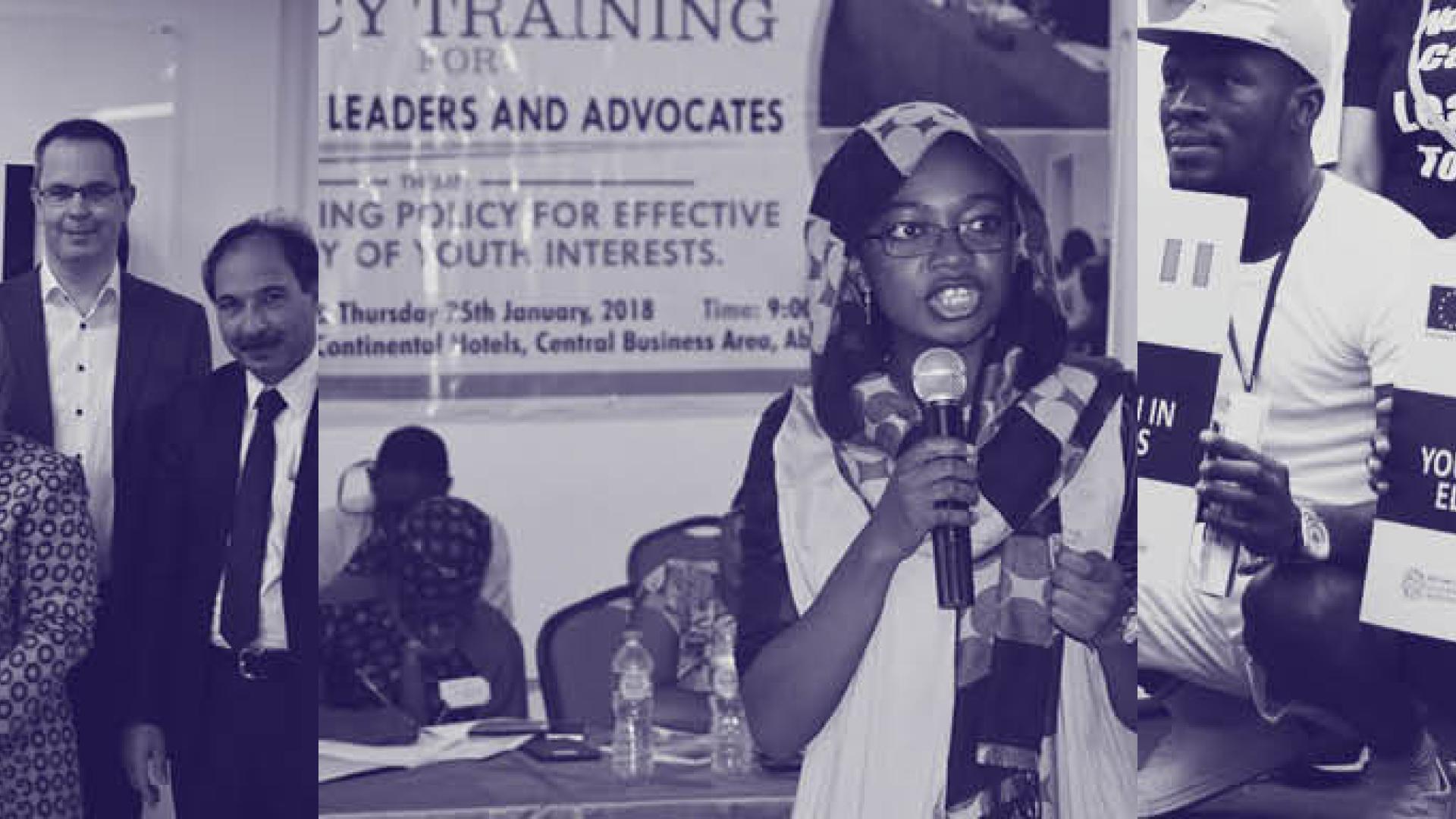2020 - 2021 Annual Report and Accounts

In the financial year April 2020 to March 2021, WFD implemented 74 programmes to strengthen democracy across 43 countries. Our Annual Report and Accounts for the period was laid in Parliament on 21 July 2021. It shows how our work shone a light on the links between the pandemic response and democracy, supported the response by democratic institutions, and began the task of building back better.
The annual report and accounts are also available to download in large print.
Extract from the Chief Executive's report
Alongside the many tragedies of the pandemic, there have also been many heroes, and WFD has been honoured to support those who have helped to ensure fairness and effectiveness in the COVID-19 response. They have innovated so that the democratic systems in their countries ensured government accountability, fought for policies that recognised the needs of the vulnerable, and managed elections in conditions they had never before had to cope with. They knew that a pandemic should not be an excuse to reverse progress on democracy. This report shows how WFD’s work in 2020-21 shone a light on the links between the pandemic response and democracy, supported the response by democratic institutions, and began the task of building back better.
…
In this extraordinary year of pandemic and democratic decline, WFD redoubled its efforts to learn from the experiences of our own programmes and staff and from the expertise and judgement of others. Here are some highlights from what we learned this year:
Relationships matter in a crisis
WFD is rightly proud of the relationships it creates and maintains with parliaments, political parties, and civil society organisations in the countries in which we work. The COVID-19 pandemic demonstrated why WFD places such an emphasis on these linkages. Parliaments and political actors reached out to WFD and its staff for guidance on how to respond and how to adapt their processes and practices to accommodate public health restrictions. Where other organisations evacuated, WFD’s local presence and knowledge supported improved democratic responses, demonstrating that in periods of crisis, these relationships matter more than ever.
Democratic responses to the pandemic exposed existing weaknesss
WFD’s Pandemic Democracy Tracker revealed some worrying trends. Oversight by parliaments in the 33 countries with WFD offices was generally very low – nearly a third of parliaments were conducting no oversight at all. The need to make decisions quickly and via new digital processes also led to more streamlined debates. This concentrated opportunities for legislative influence in the hands of those already in leadership positions, such as party leaders, and it meant that legislatures engaged with a narrower group of experts and concerned parties. As a result, legislative processes tended to be less participatory and inclusive.
The move to digital was relatively seamless but did not solve everything
WFD’s programming rapidly transitioned from face-to-face events to virtual, online webinars. This had some key benefits – the ability to bring together people from a variety of locations and a variety of levels of seniority as well as cost savings associated with few to no flights and accommodation expenses. However, the reliance on internet access compromised the ability of some programmes to reach marginalised groups, particularly in countries with low connectivity. Identifying this risk early enabled WFD to adapt, but we will continue to refine our approaches to suit virtual and hybrid spaces.
There’s no substitute for good evidence, even in a post-truth world
This year WFD continued to lead the drive for greater global evidence on the impact of women’s political leadership on democratic outcomes. WFD’s study with the Global Institute for Women’s Leadership at King’s College London, ‘Women political leaders: the impact of gender on democracy’, has been showcased in a number of external fora, highlighting the developmental gains realised in systems that have more women in political leadership. WFD also initiated a global campaign to encourage the international community to emerge from the pandemic ‘doing development democratically’. WFD’s initial evidence was published in the Journal of Democracy in January 2021 and the language of ‘doing development democratically’ has featured in policy documents and events by the OECD, Freedom House, and the European Commission.
Looking forward, it is clear that the challenges to democratic governance are increasing and that the UK and others are increasing their focus on addressing this. While the response to the global pandemic has affected the resources available to us in the short-term, we expect the policy focus on democracy and open societies to lead WFD to be able to access additional resources in the medium and long-term. In the meantime, WFD has acted quickly to manage the reductions in funding while retaining the capacity to respond to increasing demand.
A correction was made to this page on 15 September 2021.